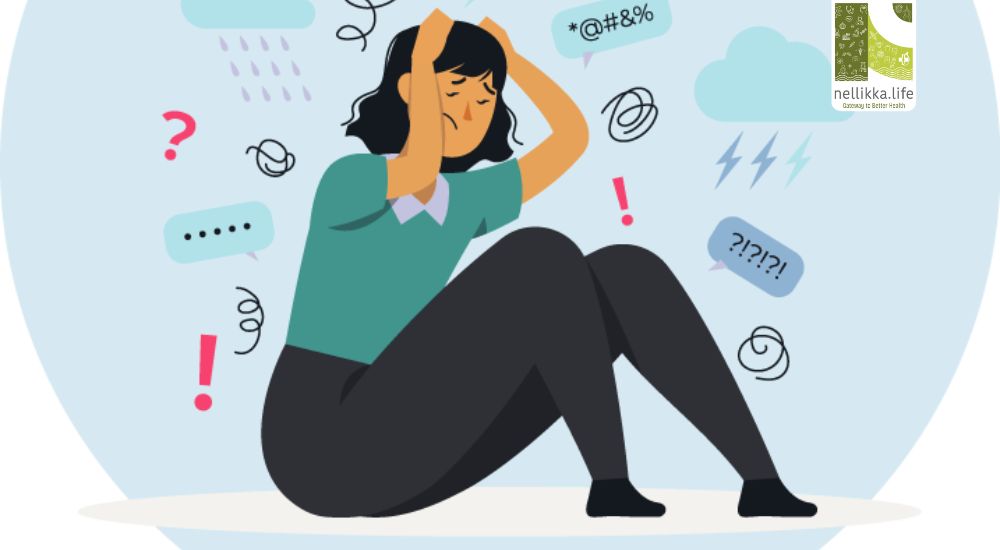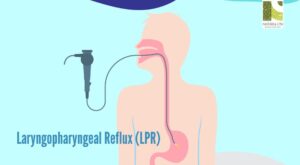Post-Wedding Depression: Causes and How to Cope

When the Honeymoon Phase Fades: Understanding the Emotional Dip After “The Big Day”
For many couples, the wedding day is one of the most anticipated milestones of their lives. Months, sometimes years, go into meticulous planning — from selecting the venue, outfits, and guest lists, to ensuring every moment feels picture-perfect. But what happens after the confetti settles and the celebrations fade? Surprisingly, many newlyweds find themselves grappling with an unexpected emotional downturn known as post-wedding depression.
Though rarely discussed openly, post-wedding depression is a real and valid psychological response experienced by many after their nuptials. Let’s explore the causes, science behind it, and ways to navigate this phase with resilience and self-awareness.
What is Post-Wedding Depression?
Post-wedding depression refers to feelings of sadness, emptiness, or anxiety experienced after the excitement of the wedding is over. It often manifests as mood swings, lack of motivation, nostalgia for the planning period, or doubts creeping in about the future.
It’s important to clarify: this isn’t a clinical diagnosis recognized in psychiatric manuals like the DSM-5, but rather a common emotional experience similar to post-vacation blues or post-event letdowns, rooted in psychological transitions and hormonal shifts.
Causes of Post-Wedding Depression: A Scientific Perspective
1. Dopamine Withdrawal
During wedding planning and celebrations, the brain is flooded with dopamine, the “feel-good” neurotransmitter associated with excitement and reward. The planning period provides constant stimuli — ticking off to-do lists, engagement celebrations, bridal showers, and the big event itself. Once it ends, the abrupt decrease in external excitement can lead to a dopamine dip, contributing to feelings of low mood or dissatisfaction .
2. Unrealistic Expectations vs. Reality
Romanticized portrayals in movies and media often frame weddings as the peak of a relationship. The “happily ever after” narrative sets high expectations. When couples settle into normal life post-wedding — bills, routines, occasional disagreements — the gap between expectation and reality can trigger disappointment and sadness.
3. Identity Shift and Role Adjustment
Psychologically, major life events like marriage signify a shift in identity. You transition from “single” to “married,” which may involve changes in social roles, family dynamics, and even your sense of self. Studies in psychology indicate that role transitions, even positive ones, can be a source of stress known as transition-related stress .
4. Loss of Planning Purpose
Planning a wedding often becomes an all-consuming project. Once the event concludes, individuals may feel a void or lack of direction, much like “post-project burnout.” For some, it also brings on a sense of loneliness, especially if their social interactions were largely wedding-focused.
Recognizing the Signs
Post-wedding depression can manifest in several ways:
Mood swings or unexplained sadness
Fatigue or lack of motivation
Restlessness or dissatisfaction with daily life
Obsessive reminiscing about the wedding
Irritability towards your partner
Feeling disconnected from the “joy” expected after marriage
How to Cope with Post-Wedding Depression
1. Normalize Your Emotions
Understand that feeling down after major events is a common psychological response. Labeling the emotion helps reduce shame or confusion around it. It’s okay not to feel euphoric every day post-wedding.
2. Focus on Building the Marriage, Not Just the Wedding
Shift your focus towards nurturing the relationship itself. Engage in meaningful conversations, set shared goals, plan mini adventures, and explore new hobbies as a couple.
3. Create New Projects or Milestones
Channel your planning energy into new pursuits — be it travel plans, home improvement projects, learning opportunities, or career milestones.
4. Practice Mindfulness and Gratitude
Research shows mindfulness practices can ease transitional stress. Journaling gratitude for your partner, your new life, and small daily joys cultivates a positive mindset .
5. Seek Social Support
Stay connected with friends, family, or support groups. Talking about your emotions with trusted individuals normalizes the experience and offers perspective.
6. Consider Professional Help if Needed
If sadness persists beyond a few weeks or begins to interfere with daily life, consider consulting a therapist. Cognitive-behavioral therapy (CBT) and couples counseling can provide coping strategies.
Beyond the Big Day
Your wedding marks the beginning of a lifelong journey — not its climax. Feeling low after the celebrations doesn’t mean your marriage is flawed; it reflects the human tendency to experience emotional comedowns after significant highs.
Embrace this period with compassion, openness, and patience. Marriage, like life, is about navigating transitions — together.
References :
1. Dopamine, learning and motivation
2. Five Facets of Mindfulness and Psychological Health: Evaluating a Psychological Model of the Mechanisms of Mindfulness
3.What to know about post-wedding depression





